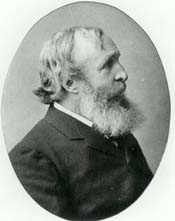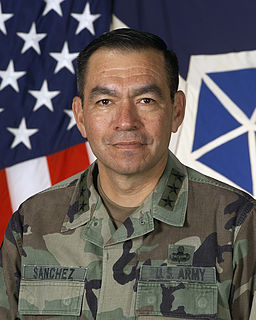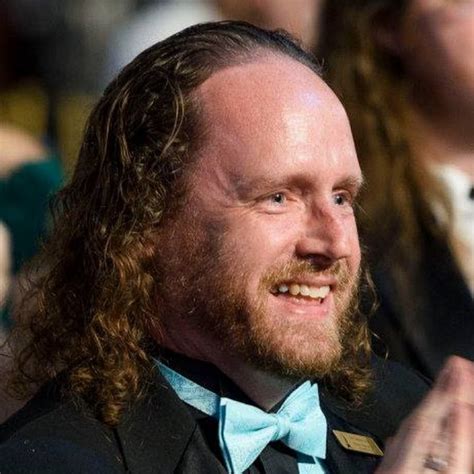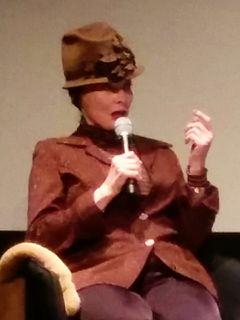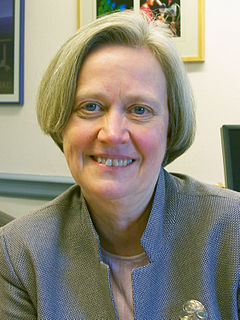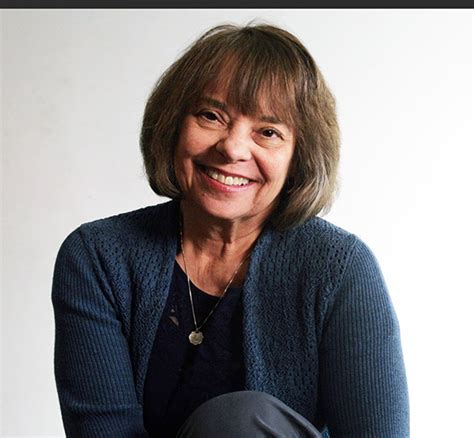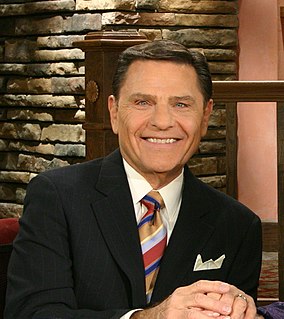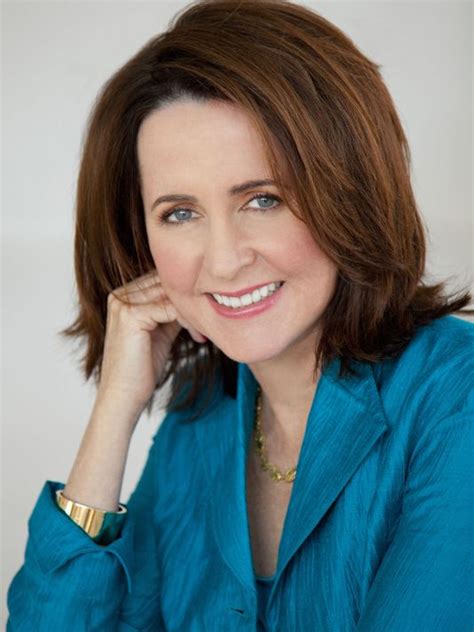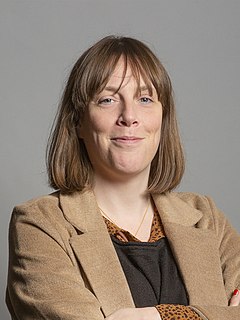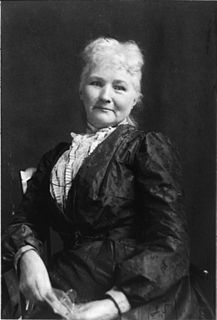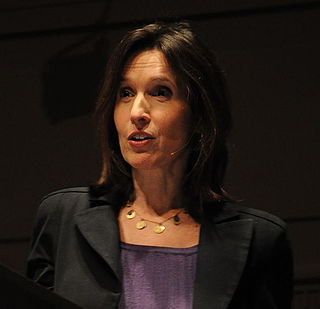Top 1200 Graduating Class Quotes & Sayings - Page 17
Explore popular Graduating Class quotes.
Last updated on December 22, 2024.
Thousands are the children of poor foreigners, who have permitted them to grow up without school, education, or religion. All the neglect and bad education and evil example of a poor class tend to form others, who, as they mature, swell the ranks of ruffians and criminals. So, at length, a great multitude of ignorant, untrained, passionate, irreligious boys and young men are formed, who become the "dangerous class" of our city.
I figured, I am a product of the opportunity the country provided, and I understand the challenges of the middle class and the lower class, and I clearly understand the dynamics at the highest levels of wealth within the country and across this global world. It became clear to me that I could represent the people of Texas - I could represent those people, that segment of society that I came from.
The most sinister of all taxes is the inflation tax and it is the most regressive. It hits the poor and the middle class. When you destroy a currency by creating money out of thin air to pay the bills, the value of the dollar goes down, and people get hit with a higher cost of living. It's the middle class that's being wiped out. It is most evil of all taxes.
My teacher told my mum, 'I think William has dyspraxia,' and Mum asked what that meant. She said, 'Well, if I put a chair in the middle of the room and asked every child in the class to walk around it, William would be the only child in the class to walk into it.' Mum was like, 'Yeah, that's my boy'.
Americans ... do not naturally apply the term "bourgeois" to themselves, or to anyone else for that matter. They do like to call themselves middle class, but that does not carry with it any determinate spiritual content. ... The term "middle class" does not have any of the many opposites that bourgeois has, such as aristocrat, saint, hero, or artist - all good.
Money is what fueled the industrial society. But in the informational society, the fuel, the power, is knowledge. One has now come to see a new class structure divided by those who have information and those who must function out of ignorance. This new class has its power not from money, not from land, but from knowledge.
Our educational system just doesn't work as well as it should any more. 70% of people are never going to go to college, and we don't give them the vocational or occupational training they need before we throw them into a work force where too often they find they don't fit. The 30% that do go to college find themselves graduating with debts that may cripple them for years.
In Britain, we need to start presenting the option of being a writer in front of black women. We need to present the idea of being a writer into poorer communities because the majority of black people in this country are working class. We need to let working-class people know that their voices are important.
The ideas of the ruling class are in every epoch the ruling ideas, i.e. the class which is the ruling material force of society, is at the same time its ruling intellectual force. The class which has the means of material production at its disposal, has control at the same time over the means of mental production, so that thereby, generally speaking, the ideas of those who lack the means of mental production are subject to it. The ruling ideas are nothing more than the ideal expression of the dominant material relationships, the dominant material relationships grasped as ideas.
The teacher always used me as an example to the class of good English and good storytelling because we all had to write the same stories. But she used to make me go out front - which I hated - and read my story to the class and I would get huge applause. Not because of who I was but because they truly enjoyed the stories I wrote.
In terms of President Trump, I really do hope that he does accomplish some of the things he said on the campaign trail. If he is willing to make investments in infrastructure, but not on the backs of the middle class and the working class, and put people back to work, that would be a good thing. If he's serious about making Obamacare better, and not pulling the rug out from 20 million Americans who benefit from it, that would be a good thing too.
The first step to this end is to develop peace and goodwill within our borders, by training our youth of both sexes to its practice as their habit of life, so that the jealousies of town against town, class against class and sect against sect no longer exist; and then to extend this good feeling beyond our frontiers towards our neighbours.
I was in love with a girl in my class when I was in primary school, and she obviously thought I was a freak, so that wasn't working out. And the the guys in my class, every two weeks they'd say, 'Hey, we spoke to her, and she really likes you now. You should go and ask her again.' And then I'd go and ask her again.
If you were a successful upper-middle-class Negro girl in the 1950s and '60s, you were, in practice and imagination, a white Protestant upper middle-class girl. Young, good-looking white women were the most desirable creatures in the world. It was hard not to want to imitate them; it was highly toxic, too, as we would learn.
I think there are many people in the working class who say, you know what? Yes, maybe we are better off than we were eight years ago, but I am still working two or three jobs, my kid can't afford to go to college, I can't afford child care, my real wages have been going down for 40 years. The middle class is shrinking. Who's standing up for me?
Radical feminist theorists do not seek to make gender a bit more flexible, but to eliminate it. They are gender abolitionists, and understand gender to provide the framework and rationale for male dominance. In the radical feminist approach, masculinity is the behaviour of the male ruling class and femininity is the behaviour of the subordinate class of women. Thus gender can have no place in the egalitarian future that feminism aims to create.
To become a world-class university takes a lot of time. There are simply no shortcuts. People tend to assume, and I have encountered this sort of thinking all over the world, that if they just sink enough money into a university, it will emerge in a few years as a first-class institution. But such rapid growth never happens. It takes time; it takes generations.
I had a really bad blushing problem when I was younger. The first time I ever performed was in an English class. I had an essay that I was supposed to write, and, instead of writing an essay, I wrote a song. So, I was playing this song in class, and I literally turned the color of this sweater that I was wearing, completely red. I think it was that feeling of challenging everything in me, my introverted personality. Like, "This is what you have to do. It doesn't matter if you do it wrong, you just have to do it."
When the ability to have movement across social class becomes virtually impossible, I think it is the beginning of the end of a country. And because education is so critical to success in this country, if we don't figure out a way to create greater mobility across social class, I do think it will be the beginning of the end.
Parents can fail to cheer your successes as wildly as you expected, pointing out that you are sharing your Nobel Prize with a couple of other people, or that your Oscar was for supporting actress, not really for a starring role. More subtly, they can cheer your successes too wildly, forcing you into the awkward realization that your achievement of merely graduating or getting the promotion did not warrant the fireworks and brass band.
The socialism of centralised state control of industry and production, is dead. It misunderstood the nature and development of a modern market economy. It failed to recognise that the state and public sector can become a vested interest capable of oppression as much as the vested interests of wealth and capital. it was based on a false view of class that became too rigid to explain or illuminate the nature of class division today.
But what the working-class can do, when once they grow into a solidified organization, is to show the possessing class, through a sudden cessation of all work, that the whole social structure rests on them; that the possessions of the others are absolutely worthless to them without the workers' activity; that such protests, such strikes, are inherent in the system of property and will continually recur until the whole thing is abolished - and having shown that effectively, proceed to expropriate.
Early on in life I knew that I was a writer, that I just wanted to write, I love books, I love literature and after graduating college, I kind of wandered around in Europe learning languages and writing novels and never led anywhere. And then I got into like journalism in New York as a way to kind of maybe find my way into the field and it wasn't a good fit. It just wasn't right for me.
He was not subordinate to God - Adam was walking as a god! What he said "went," what he did "counted"; and when he bowed his knee to Satan and put Satan up above him then there wasn't anything God could do about it because a "god" had placed Satan there. Adam, remember, was created in the god-class, but when he committed high treason he fell below the god-class.
The acting background helped a lot when I started writing. I was training for it. In acting class they teach you about the stakes in a scene (and) what motivates characters. When you bring a scene to class - as an actor with your scene partner - you have to do everything. There's no producer, set decorator or anything like that. You and you partner have to do everything and that's kind of like facing the blank page as a writer.
What I call middle-class society is any society that becomes rigidified in predetermined forms, forbidding all evolution, all gains, all progress, all discovery. I call middle-class a closed society in which life has no taste, in which the air is tainted, in which ideas and men are corrupt. And I think that a man who takes a stand against this death is in a sense a revolutionary.
You can't wait neoliberalism out, because the class war will become more consolidated; the punishing state will increase. They'll increasingly solve problems by putting more people in jail and by criminalizing all kinds of behaviors and by appealing to racist attitudes about immigrants, blacks, minorities. They'll just intensify class warfare, that's all. It'll get to the point where the true nature of the authoritarian state will be obvious.
In the middle of my second year at school, in 1943, I got drafted into the army, was gone for three years, and when I came back, I tried to get into the painting classes which I wanted, but because of all the returned GIs [the GI Bill], everyone was in school and the classes were all full. So I looked at the catalogue and found that there was a ceramic class offered and that there was space in that. I registered for a ceramic class and some drawing classes.
What we have to do is make sure that here in America, if you work hard, you can get ahead. If you worked hard, not only did you have a good job, but you also had decent benefits, decent health care. We've got to make sure that we're doing everything we can to expand the middle class and people who are working hard can get into the middle class.
So multifarious are the different classes of truths, and so multitudinous the truths in each class, that it may be undoubtingly affirmed that no man has yet lived who could so much as name all the different classes and subdivisions of truths, and far less anyone who was acquainted with all the truths belonging to any one class. What wonderful extent, what amazing variety, what collective magnificence! And if such be the number of truths pertaining to this tiny ball of earth, how must it be in the incomprehensible immensity!
Luckily, I remembered something Malcolm Cowley had taught us at Stanford - perhaps the most important lesson a writing class (not a writer, understand, but a class) can ever learn. 'Be gentle with one another's efforts,' he often admonished us. 'Be kind and considerate with your criticism. Always remember that it's just as hard to write a bad book as it is to write a good book.'
I shook myself; I was dreaming. As I went to bed the words of the eighth-grade class's teacher, when the class got to Evangeline , kept echoing in my ears: "We're coming to a long poem now, boys and girls. Now don't be babies and start counting the pages." I lay there like a baby, counting the pages over and over, counting the pages.
We used to call the 1% the ruling class, but America's never felt comfortable using that terminology. It was taboo to talk about class war. Americans are okay talking about it like this; everyone wants to be part of the 99%, even the cops are like, "No, no, man. I'm part of the 99% too." No one wants to be part of the 1%.
Because I sometimes shopped in Waitrose, I thought I was actually quite posh. I've realised that I'm basically a scullery maid. Even the middle-class people who I meet in parliament, people who live in London - which I think is remarkable because how can anybody afford to live there - seem much, much more middle class than me.
I've found that I really don't like - as most people don't about school that there are subjects which are necessary to learn but you don't really want to learn on top of those ones that you do want to learn. So to take a class for me, a class or two on subjects that I'm really, really interested in and curious about would be awesome.
The size of the U.S. middle class has been shrinking. Wages have been stagnant. We don't have those factory jobs that paid a living wage and enabled a family to have a home where the wife did not have to work. But we sent our factories abroad and there is no likelihood of getting them back. Equally worrisome is that some managerial jobs and professional jobs (such as lawyers) which support middle class life are threatened by automation.
I am not blind to the shortcomings of our own people. I am not unaware that leaders betray, and sell out, and play false. But this knowledge does not outweigh the fact that my class, the working class, is exploited, driven, fought back with the weapon of starvation, with guns and with venal courts whenever they strike for conditions more human, more civilized for their children, and for their children's children.
I was a tomboy growing up and then fell into the world of theatre and musical theatre. A girlfriend introduced me to yoga in college and I was hooked. I didn't really know anything about it except that it was the highlight of my week. I ended up graduating from the University of Virginia and moving to Los Angeles where I could continue acting and do a yoga teacher training. I went from practicing once or twice a week to several hours everyday. I loved it.
If you look at the ecosystem, entrepreneurs as a class have gotten younger, younger, and younger. They also as a class have become less and less and less experienced. The good part about that is that you're unlocking this ability to start a company to so many more people. That's an amazing positive. The negative is they're coming to that job with dramatically less experience than they've ever had. So there needs to be someone around the table that can then help them.
When I was nine, the teacher asked us to write a piece about our village fete. He read mine in class. I was encouraged and continued. I even wanted to write my memoirs at the age of ten. At twelve I wrote poetry, mostly about friendship - 'Ode to Friendship.' Then my class wanted to make a film, and one little boy suggested that I write the script.
It would be hard to find a single example in history in which a group that cast more than 50 percent of the vote got away with calling itself the victim... Women are the only 'oppressed' group to share the same parents as the 'oppressor'; to be born into the middle class and upper class as frequently as the 'oppressor'; to own more of the culture's luxury items than the 'oppressor'.
I knew that I could sing when I was young. I would listen to a lot of jazz; I'm a big jazz fan. When I first got to high school and studied musical theater, I could sing. But I added certain things to my voice, and I realized after graduating high school that this is the kind of voice I had. It's not very nimble, but it's heavy.
What's happening is there's transfer of wealth from the poor and the middle class to the wealthy. This comes about because of the monetary system that we have. When you inflate a currency or destroy a currency, the middle class gets wiped out, so the people who get to use the money first, which is created by the Federal Reserve System, benefit, so the money gravitates to the banks and to Wall Street. That's why you have more billionaires than ever before.
We are seeing a working-class, a middle class, which over the last three decades has seen their wages and income stagnate, while the very rich have seen their tax burden lighten in ways not seen in three or four decades. It's a face of a country that we need to look at and understand that inequality is perhaps the greatest threat to our economic recovery and democracy, and in that context we must take action.

